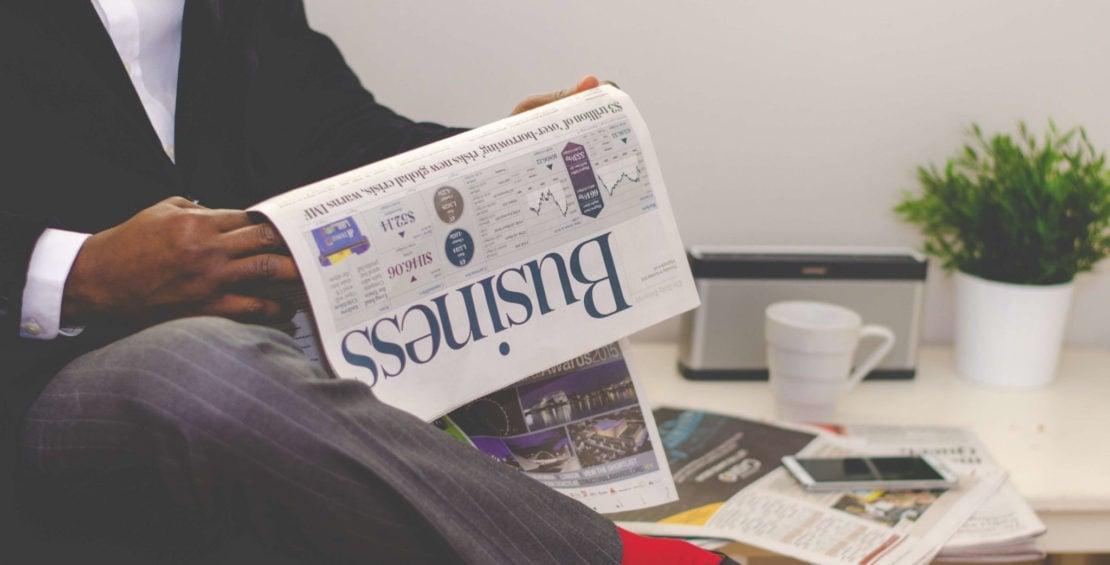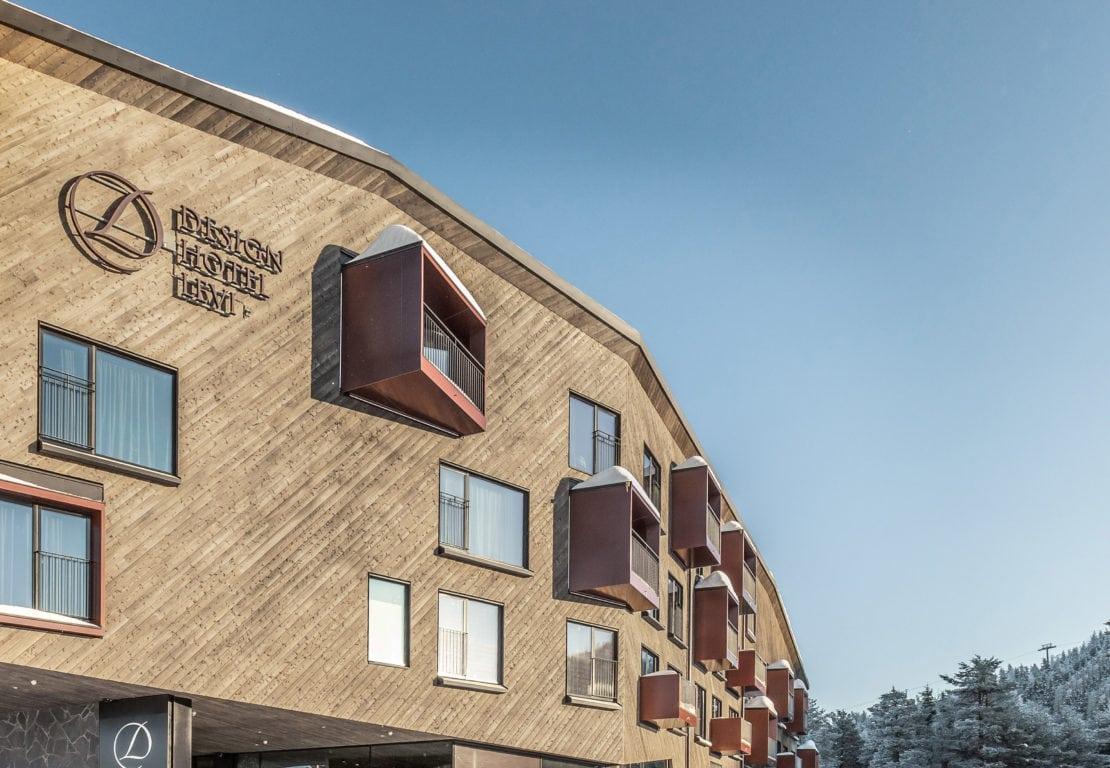2Sep2020
Trump’s unsocial media approach
The U.S. presidential election is only a couple of months ahead, meaning that the gloves are off and the punches are getting lower. Whether it had anything to do with attracting new, perhaps younger voters to his side, Donald Trump threatened to ban the popular videosharing application TikTok in the U.S., claiming it to be a potential national security risk with the Chinese intelligence gathering vast amounts of private data about the American consumers.
Trump lashed out an ultimatum that the only way to keep TikTok in the U.S. would be to sell it to a U.S. buyer. With companies such as Microsoft (perhaps partnering with Walmart) and Oracle already showing initial interest, the outcome remains to be seen. Then again, according to a national poll carried out by Reuters/Ipsos, only 40% backed Donald’s executive order. Now, that is not enough to win the election, is it?
A new dawn for the Belarus economy?
With Aleksandr Lukashenko and Vladimir Putin locking horns for the best part of the month, the political tension in Belarus is getting very close to the boiling point. It goes without saying that this affects the nation’s economy as well – and not necessarily for the worse. Obviously, to make an omelette you have to break a few eggs first, but deep down, from a purely economic point of view, this may all turn out to a blessing in disguise.
Due to Lukashenko’s way of running things, international investors have so far avoided the country and it has been heavily dependent on Russia – meaning low-quality industry goods and bilateral deals. The economy cries out for liberalization, it has plenty of assets and offers excellent training i.e. in mathematics and natural sciences. And guess what – Belarus has already become a home of a substantial software industry.
All it may take is a small revolution, followed by new governance and privatization. It may be a long journey but getting to the finish line begins by taking the first step.
Central banks facing the threat of… de-centralization
They are blaming this on the almighty Covid-19 as well; during August, discussions about the roles – and especially the authorities – of central banks emerged from around the world. As the current situation severely shakes the borderline between financial policy and monetary policy, the outcome is, if not logical to all, more or less unavoidable: the politicians want to reassume more control over the decisions about how money is spent in their respective countries.
This was just what everyone wanted to avoid when central banks were given great independence over their decisions. Now, Germany and United States have started to seriously question the status quo, even though the independence is something that is clearly agreed at least in the fundamental treaty of the European Union.
Oh, and Hungary wants to get politicians involved as well. Then again, Viktor Orban may be simply hoping that the two economic superpowers would notice his existence.
Greasing the wheels of economy
With the key economies slowly, but in this case unsurely, making every effort to recover from the first coronavirus shockwave, one of the indicators showed a steady rise throughout the summer. Indeed, the price of crude oil showed a 7,5% rise for the month of August – making it a fifth successive monthly price rise.
Far too early for any sighs of relief as of yet though. The overall economic situation remains extremely uncertain, and even the price of oil actually showed a decrease during the last days of August. The high point was August 26th, the day when hurricane Laura struck – and, when the disaster was not quite as bad as anticipated, the downfall started. The real improvement is still out of sight, but even the weakest pulse is better than none at all.


